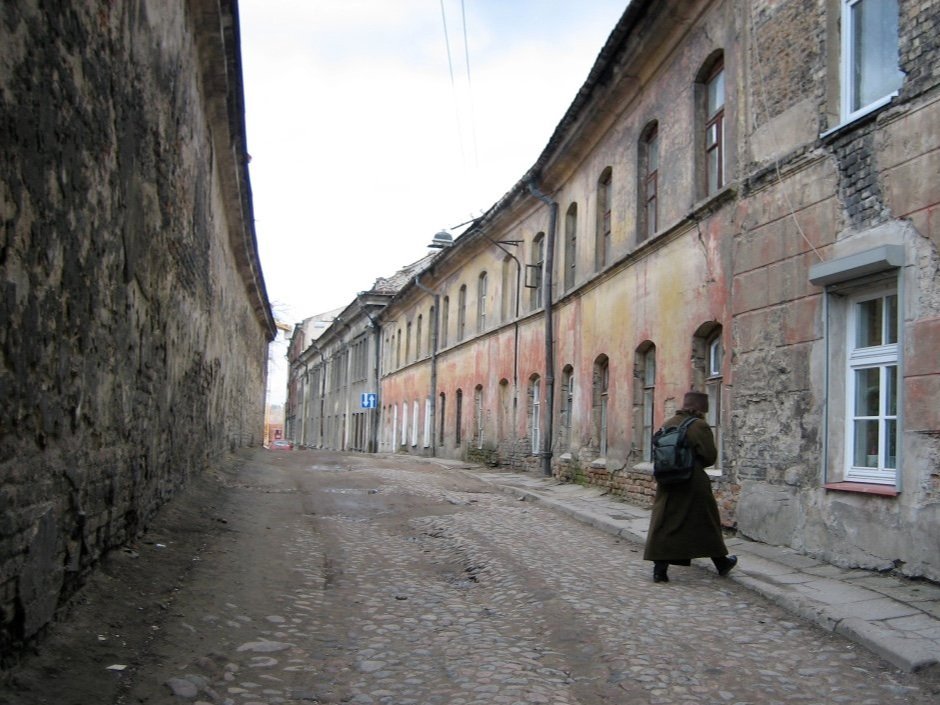
The Crooked Mirror l Louise Steinman’s Blog
Journeys within and beyond
Search my blog posts
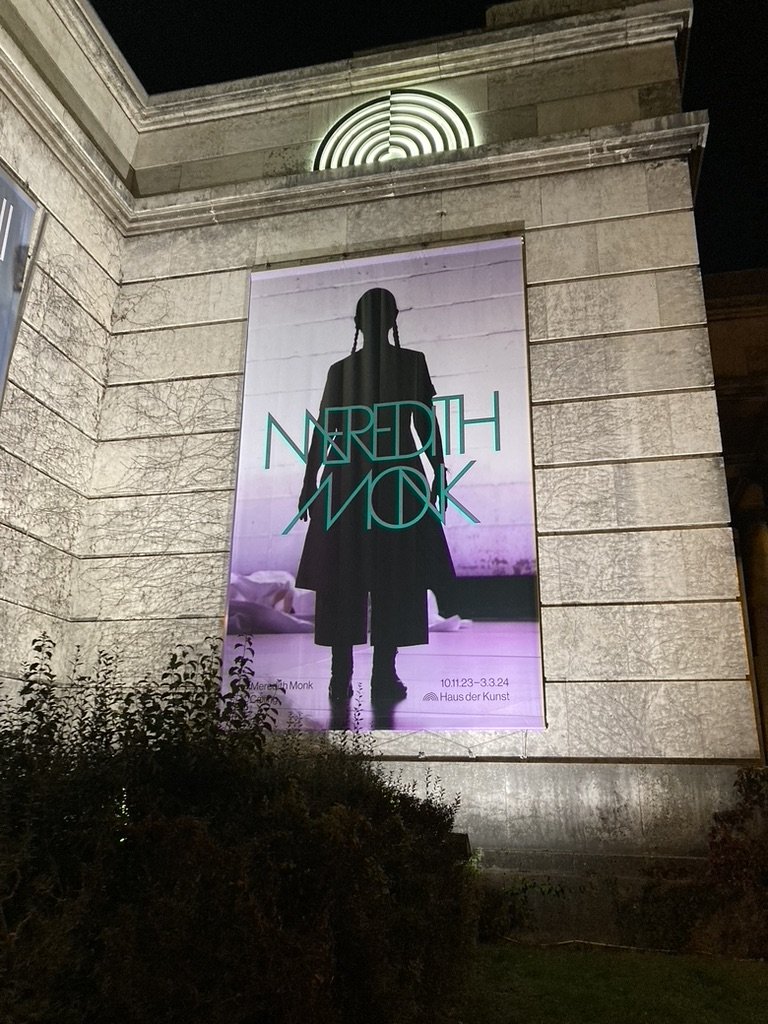
Meredith Monk: Calling
November 6, Amsterdam, Oude Kerk
Every year on March 9th, at half past eight a.m. at the Solstice, the first ray of sunlight falls on the tomb of Saskia Uylenburgh—Rembrandt's beloved wife— in Amsterdam's Oude Kerk, the city’s oldest building (built in 1302) and as well, one of its newest art institutions.
Now it’s chilly November, the sky dark grey, and I’m walking from Amsterdam’s central station, through the De Waal (Red Light) district, to the entry of the Oude Kerk. This mammoth building is now the venue for a remarkable series of installations comprising the first-ever European survey of the work of polymath artist (choreographer; composer; performer; filmmaker) Meredith Monk. The retrospective, “Calling: Meredith Monk” is being presented in two cities, Amsterdam and Munich, in celebration of the artist’s 80th birthday and her sixty years of prolific art-making.

A Day in Radomsko
Preface
IN THE SPRING of 2021, KARTA Center in Warsaw brought out a Polish translation of my book, The Crooked Mirror, nine years after its publication in the United States. The book chronicles my decades-long immersion in the discomforting, sometimes surreal, and ultimately healing process of Polish-Jewish reconciliation.
I first visited Poland in 2000 and was privileged to observe, in that more hopeful time, the nation’s new openness to historical inquiry about its past after forty years of Communist rule, when it was taboo to discuss Polish collaborators, pogroms, or the killings of returning Jews after the war. I met brilliant artist-activists who were finding ways to commemorate the Jewish absence in their midst and to educate their communities about a history in danger of being lost or obscenely distorted. I also saw fresh stirrings of Jewish life in Poland, and a touching inquisitiveness among the young about Jewish identities kept hidden after the war.

![Welcome the Stranger: An urban installation for social engagement [Lublin, Poland]](https://images.squarespace-cdn.com/content/v1/63f5338a0fb0342f12db2636/1679860080727-LHZ35ZJH1TNJ5TD0OBUV/image-asset.jpeg)
Welcome the Stranger: An urban installation for social engagement [Lublin, Poland]
It's been an intense and magical week in Lublin, Poland. A Kabbalistic text appears over the archway of the Brama Grodzka; a flamingo is invited to perch in a storks nest high in a poplar tree; the words of Polish veterans from Afghanistan and Iraq are projected on the walls of the cultural center, reminding us of the hospitality that veterans need after the trauma of war. In the passageway of one the crooked streets of the Old Town, the voice of the local poet Jozef Czechowicz— killed in the German bombardment of September, 1939— fills the air... just near the vinyl record shop where they're playing Talking Heads and Miles Davis. And at the Old Well in what is now the bus depot— and was once the Jewish quarter of Lublin— a voice sings forth on the hour with the words of asylum seekers, some from Guatemala, some from Eritrea, Iraq. "I don't even know where this ship is taking me." "I'm sorry cousin, I could not save you."

Time Regained: Reading Józef Czapski in Billings, MT (about Marcel Proust, the Gulag, and reading as salvation)
He carried with him to Moscow letters of introduction from General Anders to the most influential people in Stalin’s inner circle. After waiting for many days at the Hotel Metropole, he was finally summoned to a waiting room at the notorious Lubyanka building, the headquarters of the Soviet secret police, where he was met by a “well-fed official” in a gray lambskin hat and collar who “looked a bit like Chichikov from Gogol’s Dead Souls.”
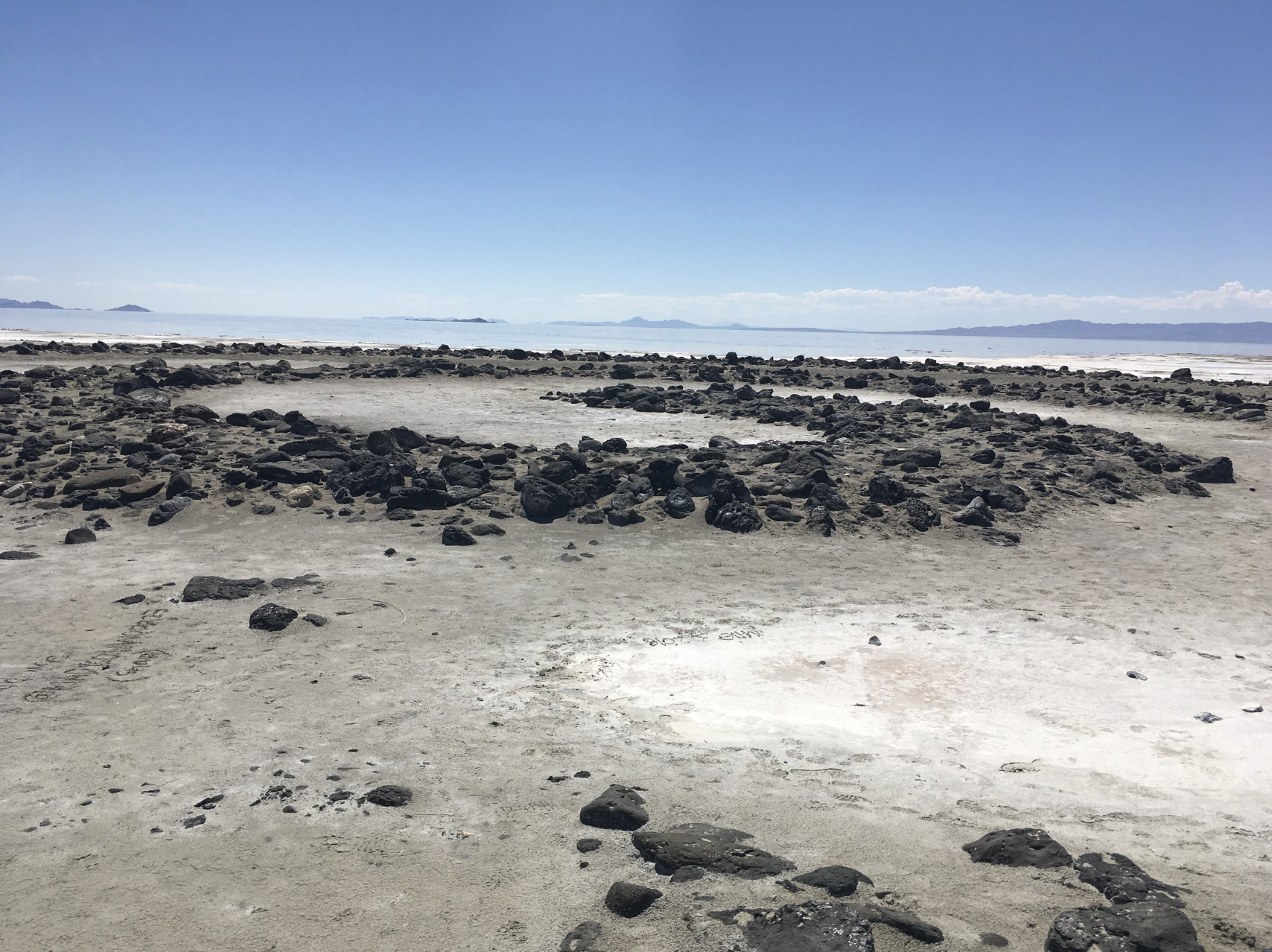
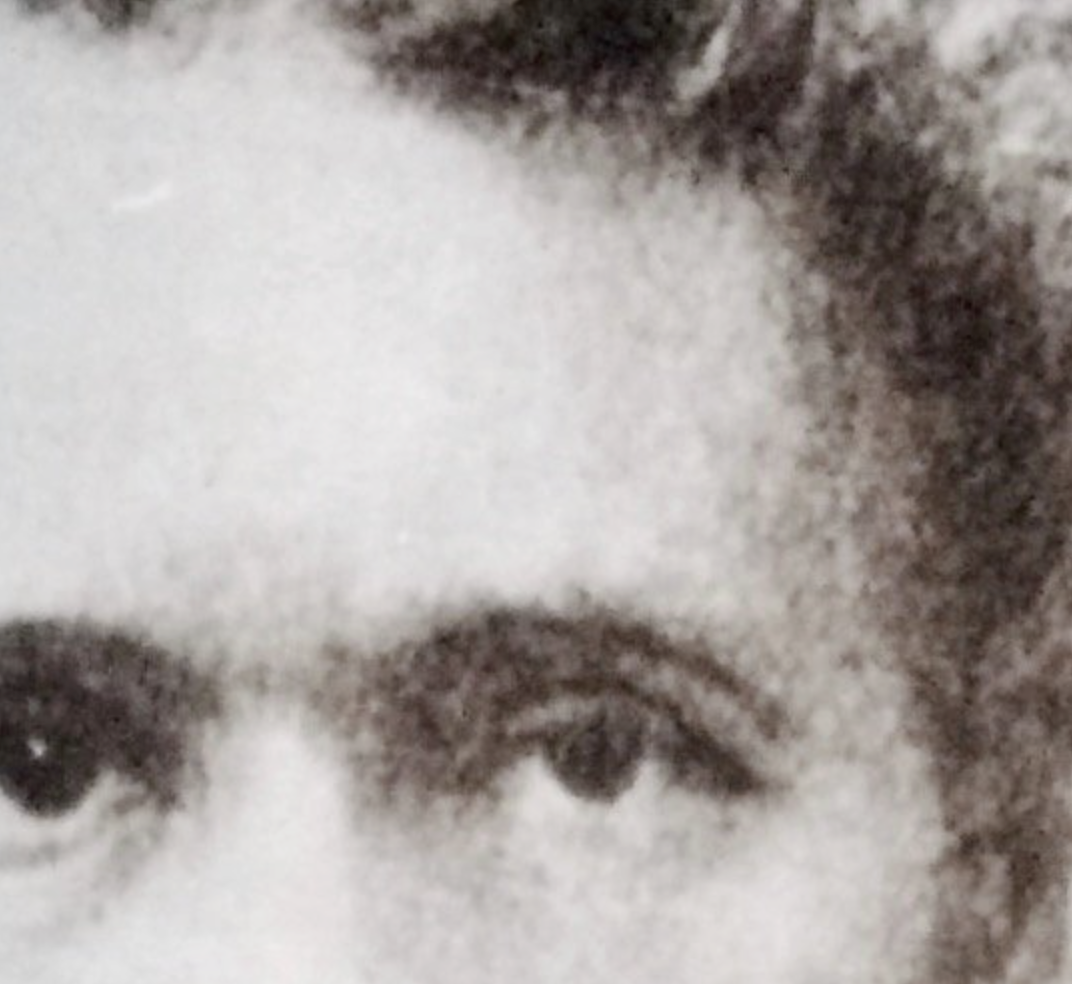
A psycho-geographic walk in Warsaw
My first stop was just a few blocks from my apartment, on the banks of the Vistula. The sun was bright and children were soaking up the last days of summer, splashing themselves in the fountain at the base of the Syrene of Warsaw, the mythical symbol of that grand city's defiance, who rears up on bronze waves on her Piscene tail, holding her sword aloft. A mermaid as a symbol of a city? I thought about the value of hybrids, what it means to be part human and animal, how hybrid forms are for non-conformists, for breaking norms that we've outgrown. And most of all, the siren must be heard.

A Return (Chatham Cemetery, August 2016)
Usually when we walk, we’re the only ones there. A few days ago, we encountered a rare invasion: pick-ups parked along the gravel drive; young men with weed whackers cleaning around graves. What had summoned so many volunteers on a hot afternoon? A friendly matron collecting litter filled us in: a WW2 soldier was soon to return home. She pointed to a grave bedecked with small American flags where the remains of PFC George Traver, a Marine born in Chatham in 1918, will soon be re-interred from a mass grass on Tarawa, a coral atoll in the Pacific. Travers died there in November 1943, along with a thousand other Marines and some 4500 Japanese (most of whom fought to their dea

A Peaceful Return
Those flags with their bright red disks on white silk were just like the one I found with my father's possessions, after he died, in an envelope with one of his letters home from combat in Luzon and wrote about in my memoir, The Souvenir. These flags on display in the darkened gallery are the centerpiece of an unusual exhibition called “A Peaceful Return: The Story of the Yosegaki Hinomaru” at the Columbia River Maritime Museum in Astoria, Oregon.
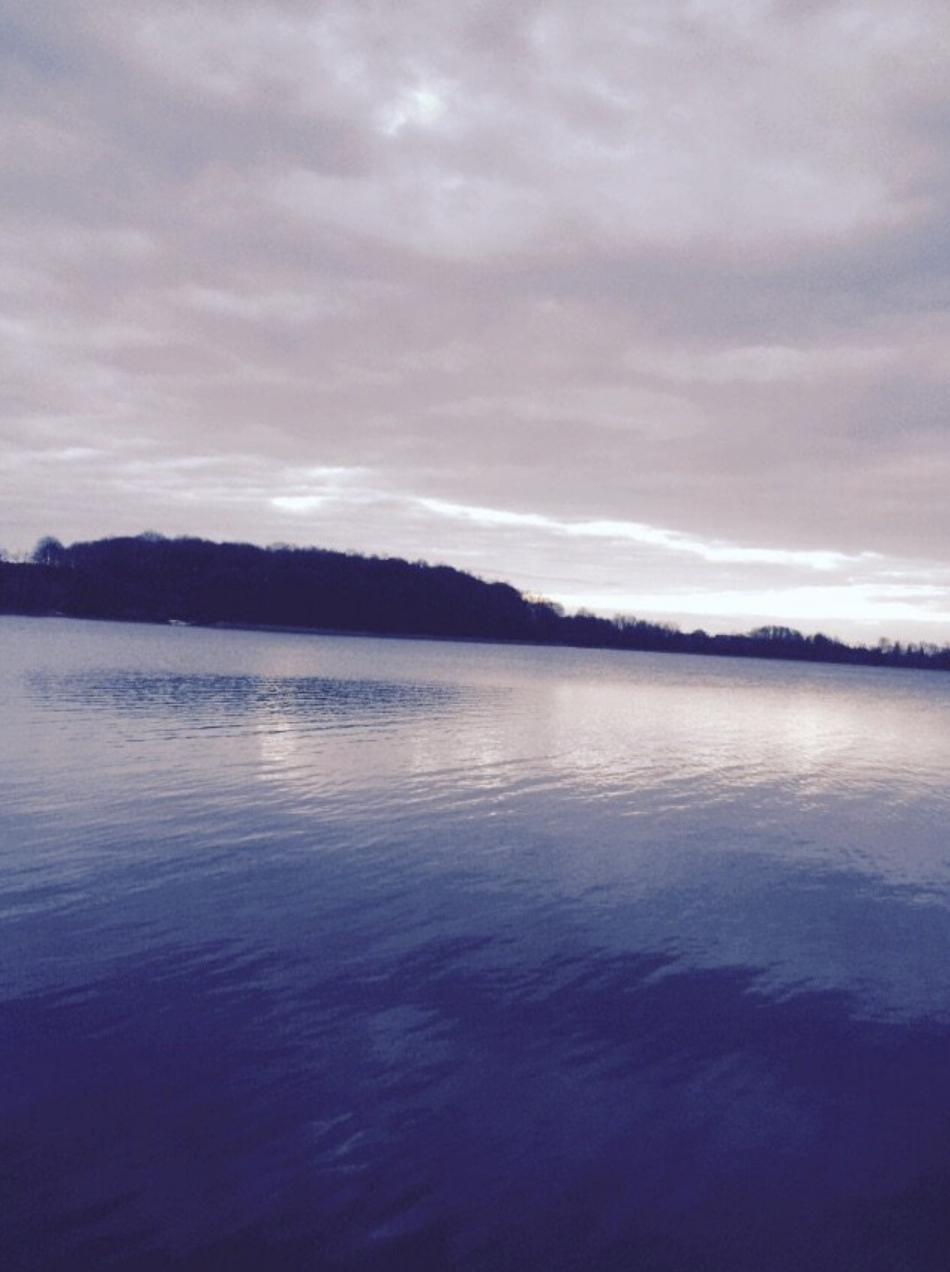
Notes on a Warsaw Residency, 2
Shall I write about the storks clacking their beaks high in their nests on the road to Sejny? And in Krasnogruda, near the border with Lithuania, the hare that bounded across the road and straight out of Milosz' beautiful poem? In the candle-light coffee-house, Song of Porcelein Cafe, in the basement of what was once Milosz' childhood summer home, surrounded by Polish listeners from surrounding villages, I speak with my host--Krzysztof Czyzewski-- about my "time-based" work, this ten year journey to learn about the actual Poland, our shared history, to "re-imagine" the "Poland in my head."